Sustainability has been an influential factor in redefining Business-to-Consumer (B2C) relationships, but does it wield the same power in the Business-to-Business (B2B) space?
1. Purpose-Driven Values Attract & Retain Talent
Purpose-driven values such as sustainability are integral to attracting and retaining talent from younger generations. Simply put, “Boomers worked for companies, Gen Xers work for people, millennials and Gen Z work for purpose” (Booker, 2019). As such, both B2C and B2B brands are increasingly expected to assert an authentic sense of purpose. In order to ascertain and articulate an authentic purpose, brands need to identify their core values, orient their values within the context of larger societal issues, and express their mission statement and purpose in relation to solving these issues. Developing a clear communication strategy for these objectives is paramount to acquiring talent in the modern job market, for instance, “Brand values, mission and purpose are listed in the top five reasons people are attracted to work for their organizations” (Booker, 2019). Following this process will help B2B brands adapt to the modern business landscape and create a meaningful way to relate to the younger workforce. Embracing impactful sustainability initiatives is important not only in attracting and retaining millennial employees, but also in building relationships with the increasing number of millennial decision-makers.
2. Millennial Decision-Makers Favor Sustainability
The demographic of the workforce is changing drastically, with an increase of millennial decision-makers redefining the way relationships and values are constructed within the B2B space. Remarkably, “By 2020 millennials will be 50% of the global workforce. That purpose-driven workforce is now having more power in the decision-making process, which in turn is impacting the growth of B2B responsible marketing” (Booker, 2019). As this shift takes place it will greatly favor the adaptable B2B brands that embrace sustainability, and in doing so, present the opportunity to solidify business relationships with this younger generation. Strikingly, “79% of millennial employees are loyal to companies that care about their effect on society” (Cheng, 2019). Leveraging sustainability initiatives will be a key factor in building loyal relationships with millennial decision makers; in addition, it will indicate adaptability and forward-thinking business acumen.
3. Sustainability Indicates Adaptation & Innovation
Proactively solving for sustainability issues in your industry sends a signal to clients that your company is highly adaptive; moreover, strategically planning to meet the most stringent environmental requirements can actually allow more time to focus on innovation. Notably, “It’s smarter to comply with the most stringent environmental standards, and to do so before they are enforced. This yields substantial first-mover advantages in terms of fostering innovation… Enterprises that focus on meeting emerging norms gain more time to experiment with materials, technologies, and processes” (Nidolumu, 2009). Embracing sustainable solutions before they become mainstream or mandatory allows for a more flexible schedule regarding research, development and implementation. This impetus for innovation also provides a strategic advantage that sets your company apart from the competition, aligning your brand with the changing business landscape and securing your success in the future. Moreover, “The willingness and ability to change is what’s going to be the distinguishing characteristic of the winners and the losers in the next ten years” (Keh, 2019). Accordingly, it is in every B2B brand’s best interest to approach the future with flexibility and to be proactive about solving for industry sustainability issues. Contrary to popular belief, adopting sustainable practices is not necessarily an expensive endeavor, in fact, the implementation of certain sustainable practices can actually save companies money.
4. Economic & Environmental Efficiency
Quite often economically practical and environmentally practical habits are aligned in their ability to promote efficiency and reduce waste, whether it’s a wasted resource or wasted money. There are numerous ways B2B companies can optimize for streamlined budget and environmental efficiency, and evaluating office processes for waste is a great jumping-off point. Likewise, Obility made the transition to a paperless office and currently saves money that would have been spent on printers, ink and paper supplies, while also reducing the associated carbon footprint. In addition to assessing office practices, evaluating industry production and supply chains can be greatly beneficial. For instance, “When companies create environment-friendly value chains, companies uncover the monetary benefits that energy efficiency and waste reduction can deliver” (Nidolumu, 2009). Proactively solving for industry waste helps foster innovation, save money and resources, and can also generate desirable investment opportunities.
5. Socially-Responsible Investing
The increasing desire to support and invest in purpose-driven companies has developed the practice of socially-responsible investing, during which investors consciously seek out and invest in companies that have a positive impact on the world. This type of investing favors companies that prioritize sustainable practices, and it is increasingly lucrative. According to a recent Bloomberg report, “Money managers around the globe said clients were increasingly asking for sustainable strategies and that climate change became a leading issue for investors this year” (Chasan, 2019). Moreover, “Socially responsible investments grew by 34 percent to $30.7 trillion over the past two years” (Chasan, 2019). This growth is indicative of the increasingly meaningful role sustainability plays in the private sector, and emphasizes the importance of embracing sustainability for success in the future.
Lastly, the transition to a more sustainable business can certainly be confusing, but you’re not in it alone. Sustainability professionals are also on the rise and they can skillfully guide businesses into this new landscape. If hiring an outside source isn’t an option- ask around, there might just be a knowledgeable environmentalist in your own company. Otherwise, there are numerous resources online and even business conferences to help navigate this new territory.
